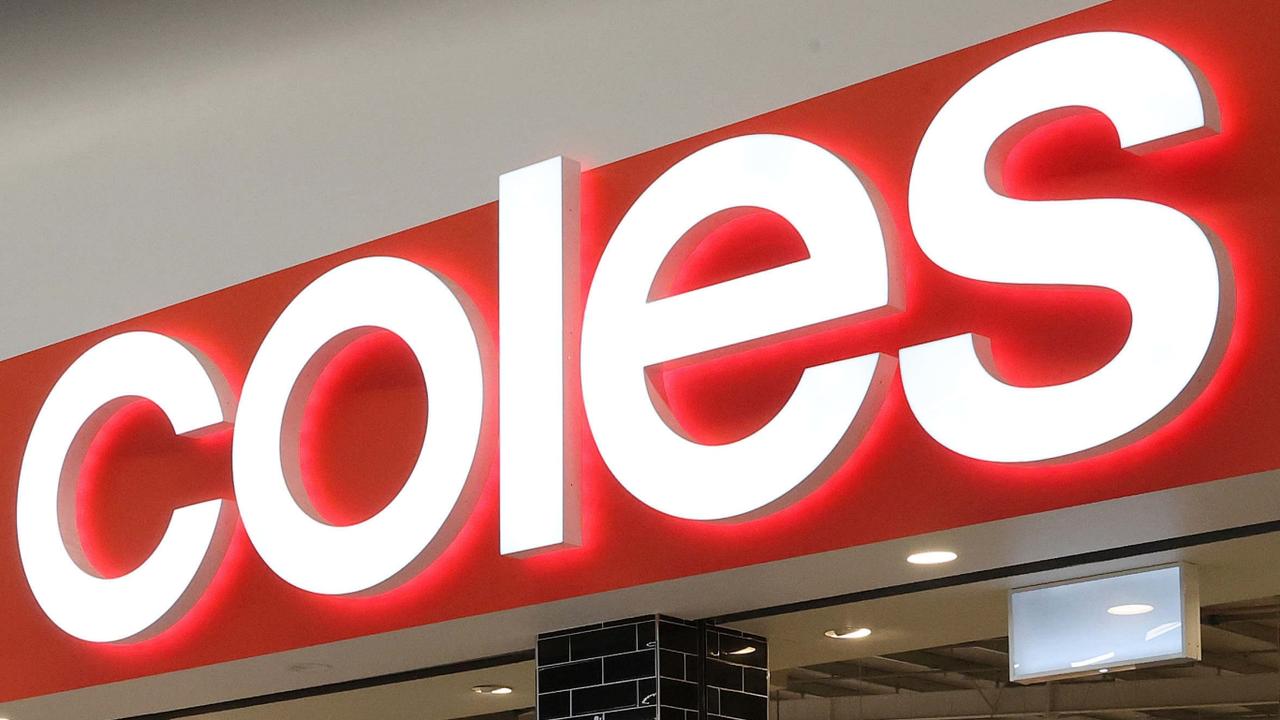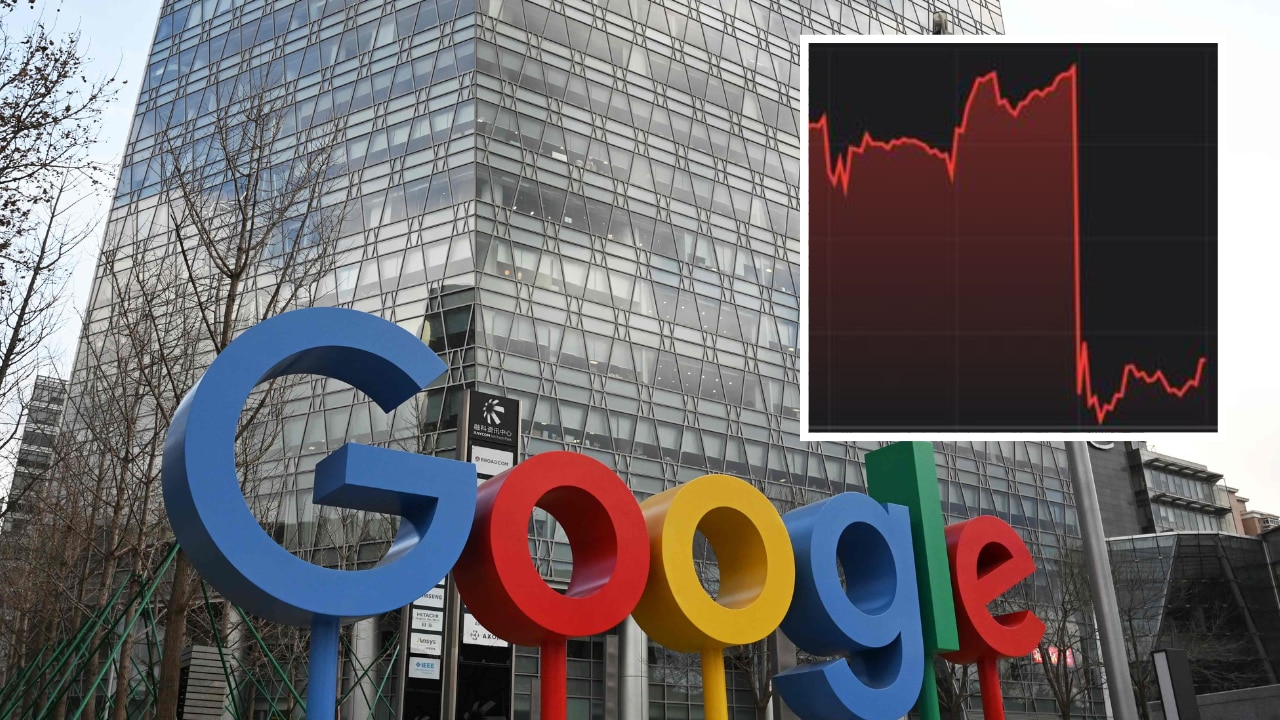‘Don’t trot out the garbage’: Struggling renter’s scathing letter to PM Anthony Albanese
A struggling renter who’s been forced to live in his car for five months wrote to the PM – and says he received a “pathetic” response.
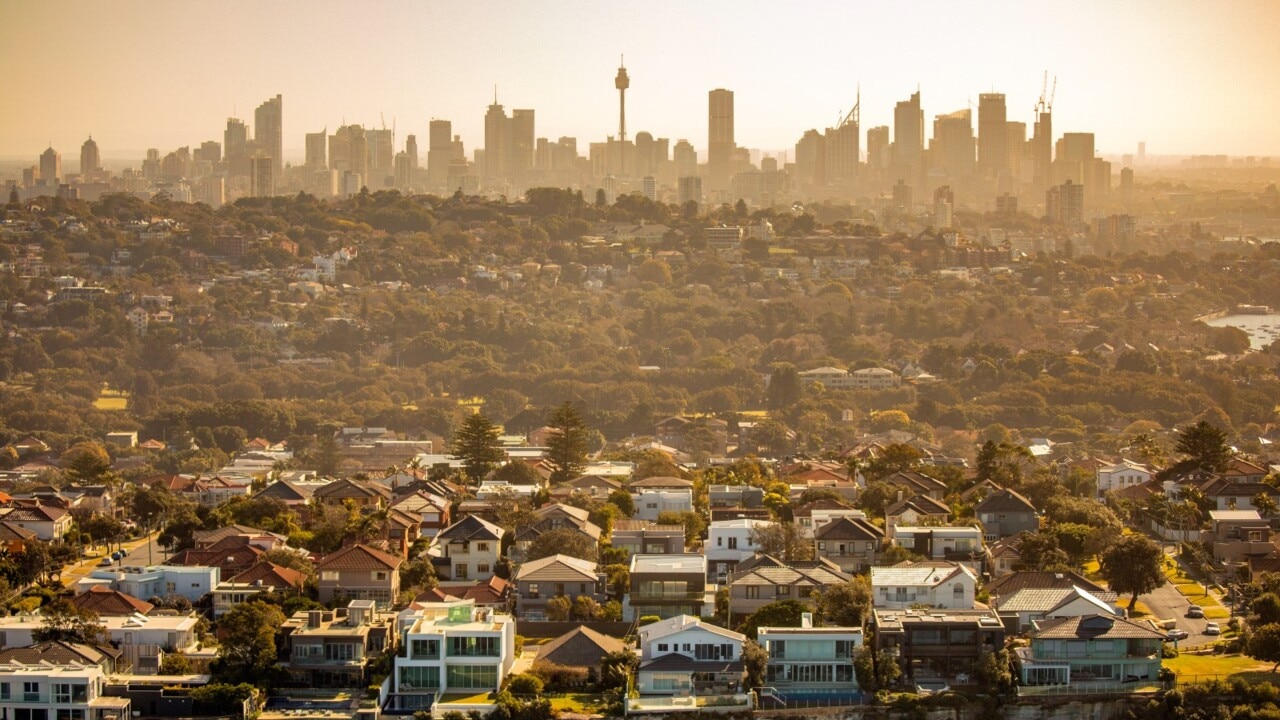
A renter on the NSW north coast who has been living in his car for five months has written a scathing letter to the Prime Minister amid soaring rental prices – and was directed to welfare agencies in response.
In the letter, which was addressed directly to Anthony Albanese, father-of-two Michael Collier outlined how quickly his life was derailed when his former landlord decided to put his rent up by a whopping $150 a week, a cost he simply couldn’t afford.
Mr Collier, who works as an IT administrator at a medical clinic, described himself as part of the “new class politicians have created” – the “employed but homeless”.
Has the rental crisis impacted you? Get in touch – chloe.whelan@news.com.au
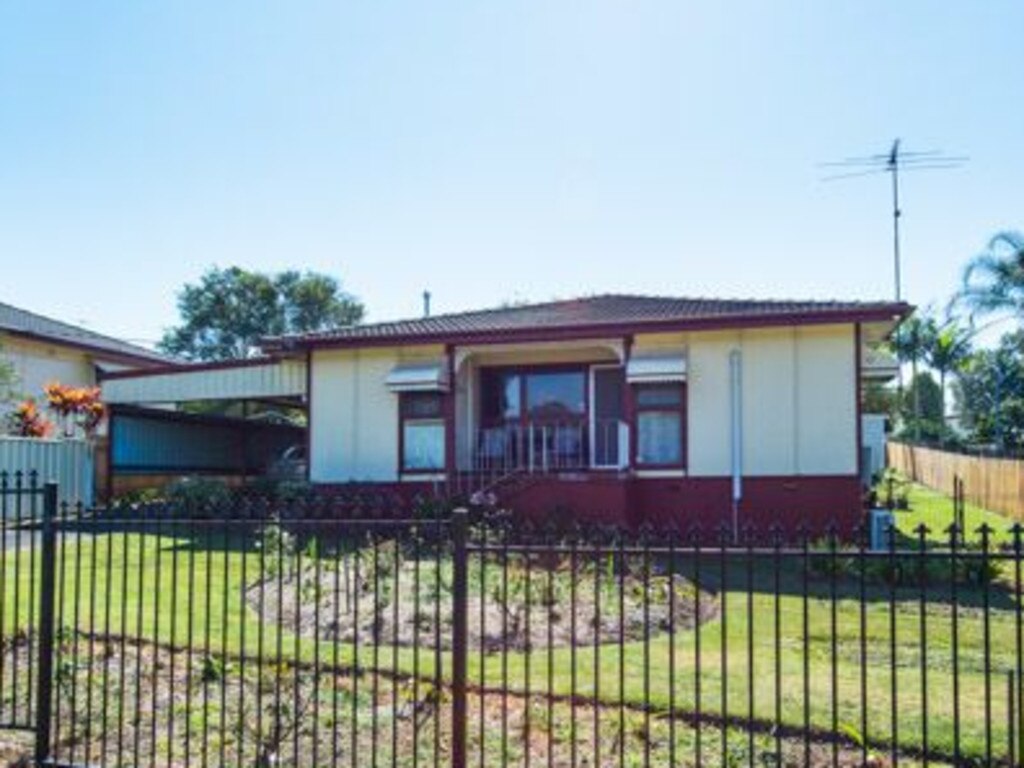
“What concerns me the most is how many politicians are now part of the Ponzi scheme of buying investment properties, having renters pay them off and then borrowing against the equity in the property to buy more,” the scathing letter, seen by news.com.au, read.
“Don’t trot out the garbage that most politicians peddle. That affordability can be fixed if we just build more houses … You know as well as I do that the cost of housing is a function of not only supply but demand. Yes demand!”
Population increases unmatched by the rate at which Australia builds new homes were primarily responsible for price surge, Mr Collier claimed.
He detailed Mr Albanese’s own housing portfolio – five residential homes, valued at $5 million – saying that “one in ten NSW politicians alone own four or more properties.”
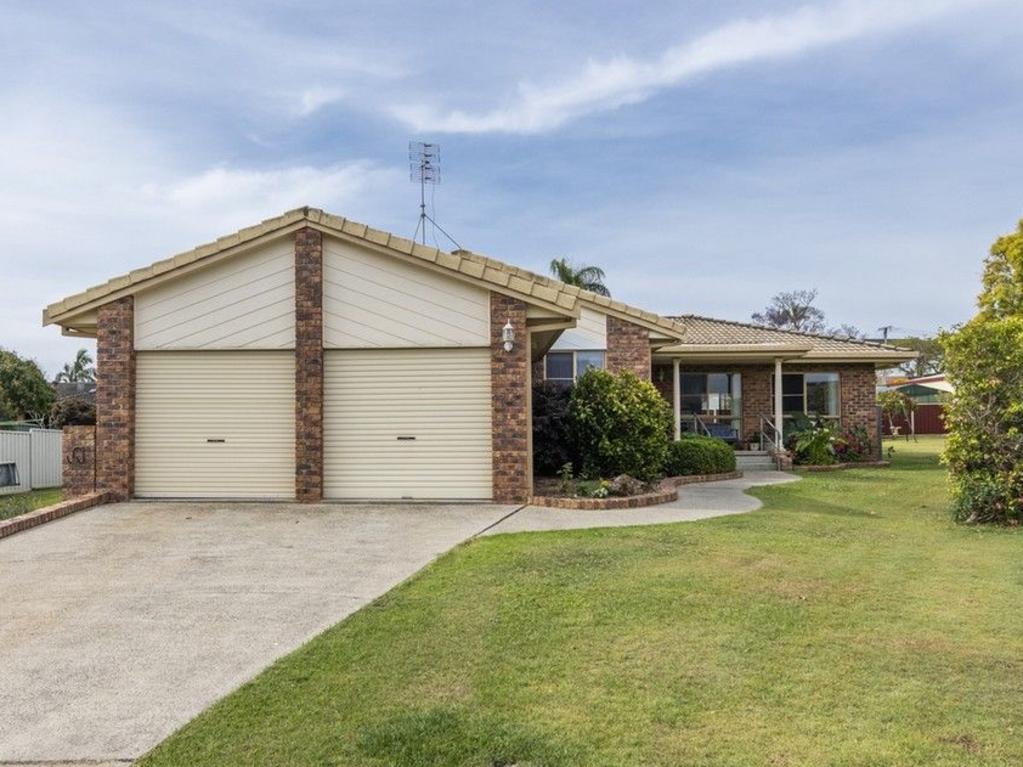
“They, like you, have no interest whatsoever in housing affordability. You don’t want to see house prices drop. You don’t want to lose on your investments,” he wrote.
Mr Collier, who also contacted MP for Cowper Pat Conaghan, described the government’s response as “pathetic”.
A representative for the Prime Minister’s Office directed Mr Collier to welfare agencies.
It was “like they hadn’t even read my letter … none of my concerns or questions were addressed at all”, he told news.com.au.
Mr Conaghan told him the issue was one for state government, but said he would look into it.
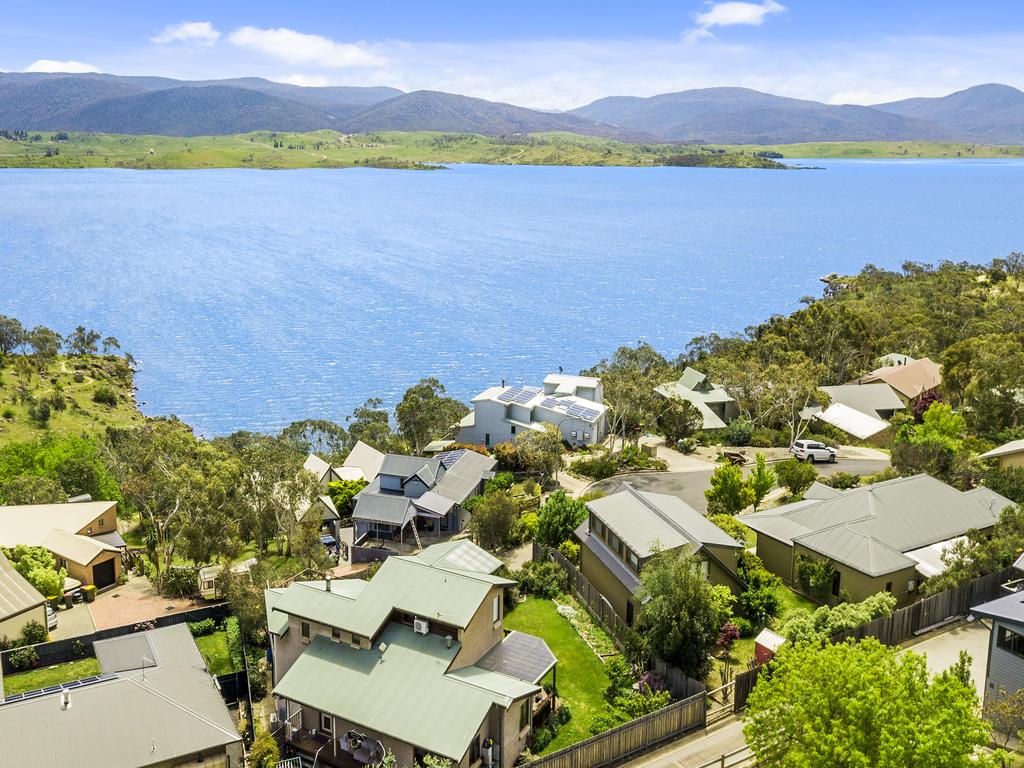
While the capital cities dominate the debate over the rental crisis, regional areas like Cowper are often hardest hit.
Prices in Cowper soared by more than 16 per cent in twelve months, with the median house price sitting at $950,000 in September last year.
In Jindabyne in inland NSW, house prices are up almost 10 per cent compared to last year, with a median sale price of $1.3 million.
One Jindabyne resident, Jay, told news.com.au that few jobs available in the area were able to match the soaring prices.
As Jindabyne is a holiday ski resort, many roles are in hospitality and pay award wages.
“The crisis here is that Airbnb has taken over a lot of the market, which means family homes are taken away from local families,” Jay said.
“The cost of living and interest rate rises have tightened things even further. Landlords know, given the holiday-makers, they can charge a lot. And so they do.”
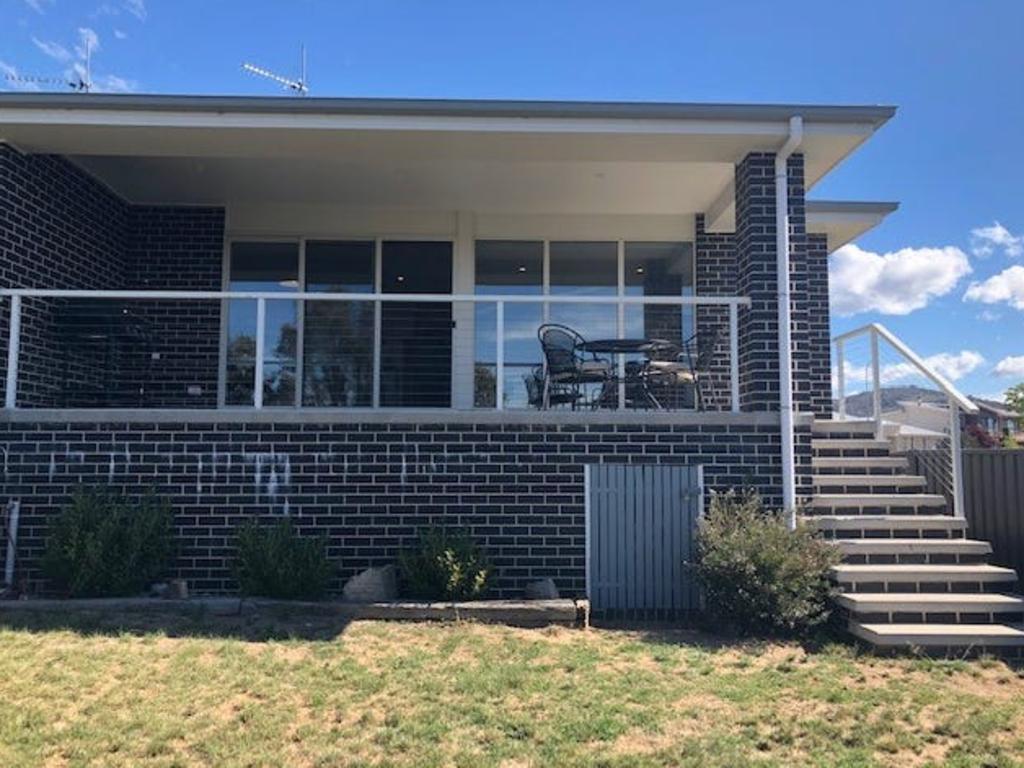
There is just one family home available for a 12-month lease in Jindabyne – a three-bedroom duplex advertised at $600 per week.
On Airbnb, by contrast, a whopping 350 three-bedroom properties are available in the area.
The lack of affordable properties means staff are fleeing the rural town, Jay said.
“Every business is crying for staff. My friends are running their business at reduced capacity, cafes are running on a reduced menu,” she said.
Jay and her partner, who earn a cumulative income slightly below the national average, sold two three-bedroom properties in their hometown of Canberra – but can’t afford a single one in Jindabyne.
They’ve brought in a roommate to help manage the cost, given they spend 50 per cent of their income on rent.
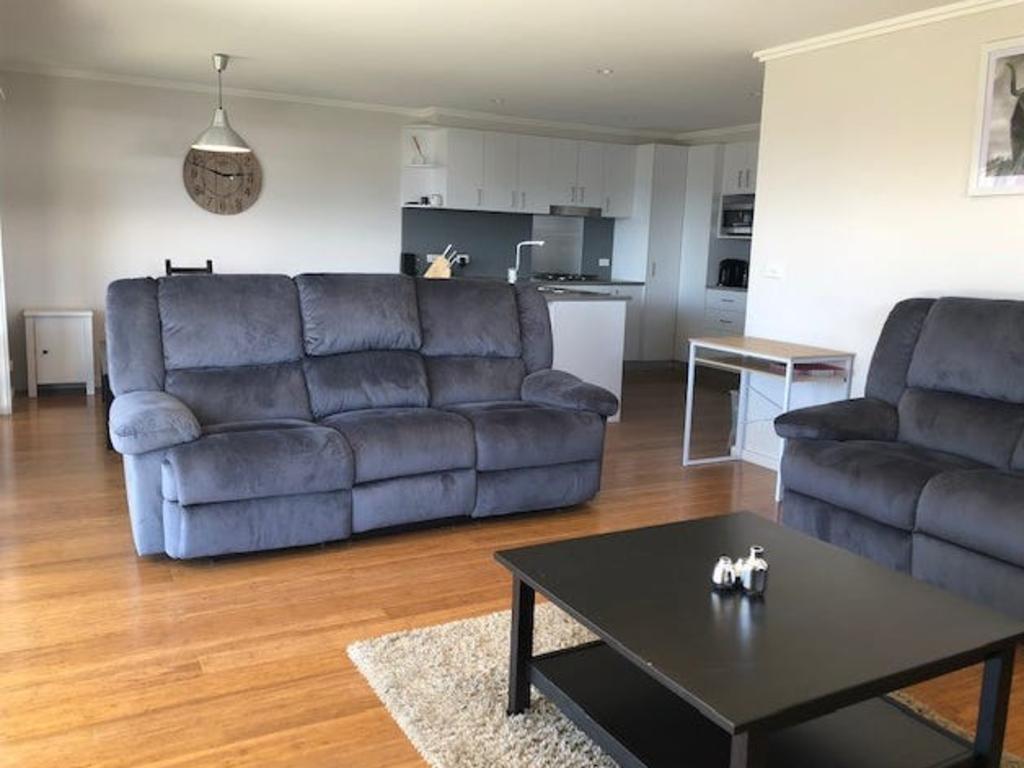
Jindabyne is only full during the winter ski season, and Jay said the town’s infrastructure struggles to manage the yearly surge.
“If you don’t get to Woollies by 10am (in winter), you can forget about buying meat. You can forget about buying milk or bread,” she said.
“We’ve run out of diesel at the service station on a number of occasions.”
She described the situation as “heartbreaking”.
“It’s a small community, tight-knit. Everyone knows each other and the last thing you want is to see people leave, and you don’t want to see your friends suffer either,” she said.
The Prime Minister’s Office has been contacted for comment.
Has the rental crisis impacted you? Get in touch – chloe.whelan@news.com.au





